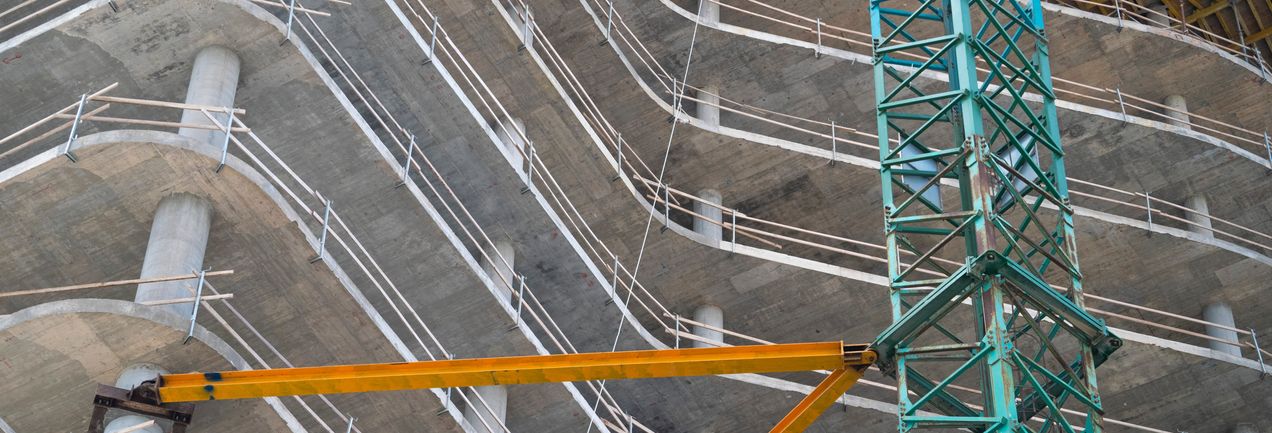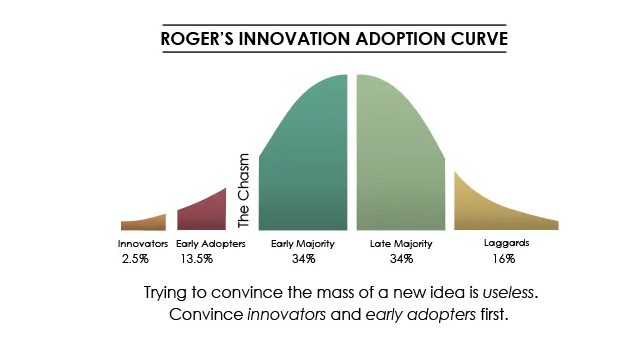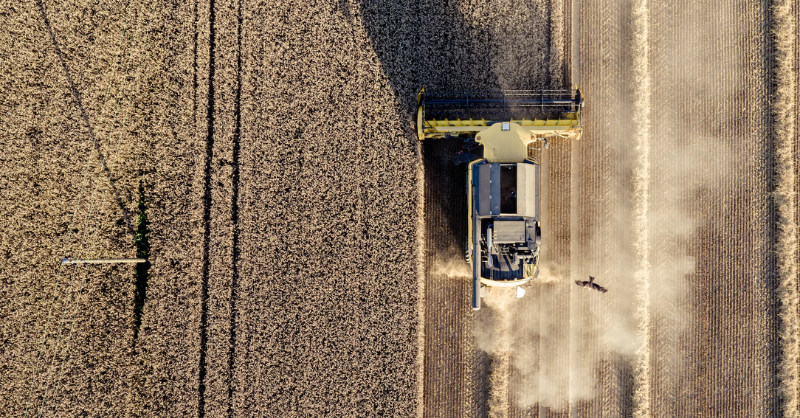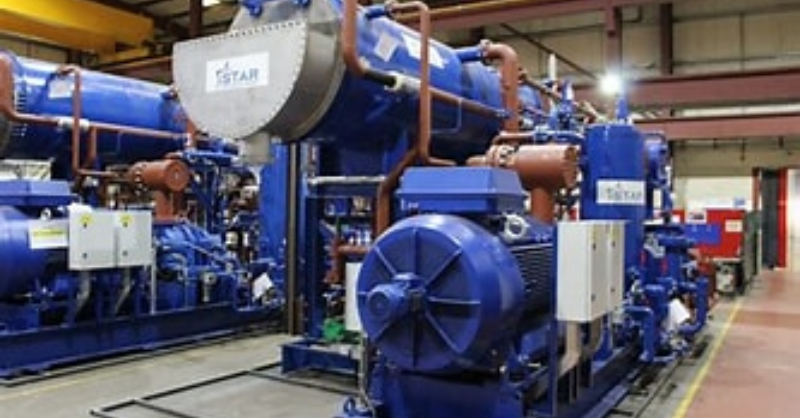Better building regulations can drive greener buildings
Getting involved in updating building codes might seem technical and a bit boring. But, it's probably the best and most efficient, at scale solution to creating a more sustainable building industry.
All swans are black in the dark
In a recent LinkedIn post, Andreas Posavac, Global Head of ESG, Corporate Governance and M&A Advisory at S&P Global Market Intelligence discussed a multi-year research study by The Generation Foundation and 2° Investing Initiative called "All swans are black in the dark." The study
Sustainable food: ingredient diversification and reformulation really helps
"Diversity may be the hardest thing for a society to live with, and perhaps the most dangerous thing for society to be without". William Sloane Coffin Jnr The food industry has the potential to make a massive difference in terms of making our agricultural system more sustainable. And
Sunday Brunch: sustainable finance and the innovation curve
Sustainability is a massive strategic challenge, using the innovation curve can help our preparation. The sustainability transitions will bring change, and executing change is tough. A good strategy is key. Sustainability professionals have a key role in preparing organisations for a new future.
The transitions will be harder and easier than we think.
There is a tendency to gloss over some of the challenges in delivering the sustainability transitions, to simplify what it is we need to do. And as a result our sustainability plans and proposals can jar with the people who actually have to deliver the change on the ground. This
European automotive - a sustainability strategy case study in slow motion?
Strategy is an area where sustainability professionals have the most to add to the long term success of their organisation. But sometimes the best strategy conflicts with the outcome we want - we need to stay true.
How we can 'fix' artisanal mining
Artisanal mining is a key sustainability challenge. But it's importance goes beyond this. The solutions found can also help sustainability professionals as they look to address the wider financial issues faced by mining companies.
Should Agtech companies be worried about farmers right to repair?
The debate around the "right to repair" for farm machinery has been rumbling on for some time. This week we consider what it might mean for the companies that produce the specialist agricultural equipment.
Industrial heat pumps can work
Industrial heat pumps not only offer the opportunity to decarbonise many industries, but they also could become a multi billion $ investment opportunity.
Coffee, deforestation and new supply chains
It's August, and it's about coffee, and specifically about sustainability in coffee (two of my favourite topics) so for the first time we are highlighting a conference.
Minimising cost over runs - part 2
Making sure the cost estimates for a project are meaningful is essential, as is verifying the expected benefits. But, equally important is how you mange complex projects - we can learn some useful lessons from architect Frank Gehry
Human rights is not just a values issue
It is increasingly understood that human rights is no longer just a values and ethics question. It's also now very much an investing issue, one that can have a very direct impact on a company's long term value creation.












